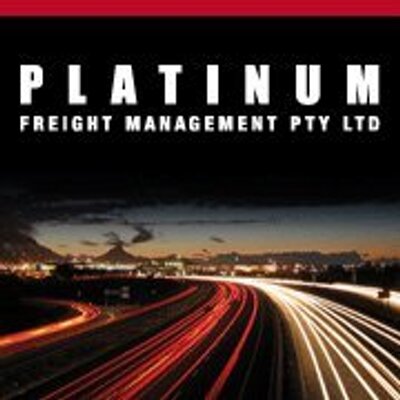
 A 72-hour strike by the Maritime Union of Australia at Fremantle Terminal announced on the 6th April brings strong possibility that importers’ budgets will blow out by as much as thousands, making them the real losers in the dispute.
A 72-hour strike by the Maritime Union of Australia at Fremantle Terminal announced on the 6th April brings strong possibility that importers’ budgets will blow out by as much as thousands, making them the real losers in the dispute.
On the 7th of April, the union has confirmed the industrial action will also affect Port Botany operations from April 13. Importers should consider if other ports might also be affected in the coming weeks and plan accordingly.
Top Customs Brokerage Platinum Freight Management recommends importers plan by checking the status of any affected shipments from both terminals and taking action to pre-clear any upcoming shipments in order to avoid additional blowouts.
Industrial action is one of the highest and least controllable risk areas for importers’ budget blowouts. The three major loss areas are:
- Higher wharf charges
Wharf storage commences after the vessel discharges the containers from the vessel; this is usually after the first three days once the container is sitting on the ground at the Fremantle Terminal. - Shipping line detention
Containers must be returned within 7-10 days on average after unloading from a vessel, meaning that if there are delays in moving it due to strike action, there will also be fees in returning the empty container late. The entire logistical equation is under time and budget
pressure. - Further delays
Border Force still needs to complete its checks with due diligence, which can lead to further delays in stock exiting the terminal, even while the above two charges continue to add up. This risk can be mitigated if the cargo is pre-cleared during shipment to Australia and before arriving in Fremantle.
Platinum Freight Management explains the importance of planning and preparation for importers:
“Industrial action is all too common, and while media tends to focus on the trade issue at stake, the forgotten loser is the importer, who has no bearing in the delays other than waiting for their stock, whether it be apparel or building
materials, or even fresh produce,” says CEO Peter McRae.
“There is no way for the importer or indeed their broker to avoid many of the main offending charges associated with a strike – it’s just bad luck. A smart importer will have the risk covered in their contingency budget. We encourage
importers to act smarter again, pre-clearing shipments promptly as they exit the country of origin. This takes out at least one of the major areas of potential blowout, meaning you’ve mitigated as much risk as possible when unforeseen circumstances such as strikes hit.
In this week’s example, Platinum Freight advises importers to stay abreast of the dispute to ensure it doesn’t escalate beyond the announced dates at both terminals, and to work with their broker to stay across possible incremental charges applying to each affected shipment. The Brokerage also recommends pre-clearing any shipments due to terminal in the coming weeks, in case of bottlenecks once stock lands.
For further information about the cost of importing and areas where importers can save, go to www.platinumfreight.com.au
About Platinum Freight Management
Platinum Freight Management is international, independent and privately owned with a footprint in all major Australian states and territories as well as Auckland and Hong Kong.
Handling all customs clearance processes for clients, from independents to large national businesses, its services include logistics and transport, quarantine inspections, risk assessment, compliance, and auditing to government regulators’ standards.
Platinum Freight offers seven-day-service with extended hours, to meet the needs of a global economy. It delivers the most accurate advice and the fastest response time in market.
Key offers to clients:
- Mandarin-language channel to best service Chinese-Australian businesses
- Indian Region business channel to service businesses trading into and out of this region.
- Green Cargo program to reward importers and exporters of eco products
- Young Entrepreneurs Program to give start-ups under the age of 25 important advice and valuable discounts
- Extended trading hours to suit clients across various time zones (best in market)
- Minimal credit card surcharges for clients.
- Customs education sessions for clients and industry
- Supplier site inspections for premium clients
- Promise to beat all written quotes
- Audit service to maximise efficiencies in previous customs clearances and minimise fees and taxes
- Guarantees clients no penalties levied after clearance (a common situation facing importers and exporters) for up to five years
- One broker touchpoint for every shipment.





